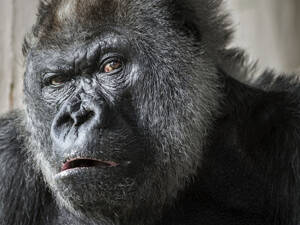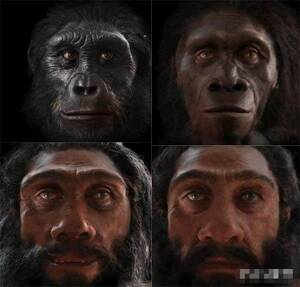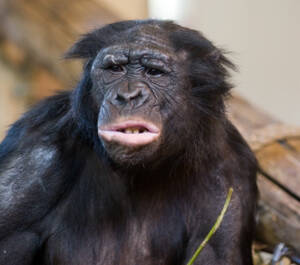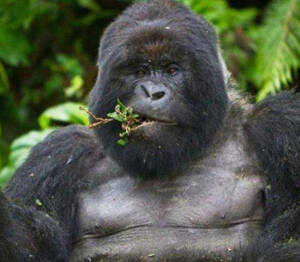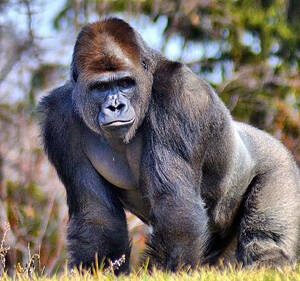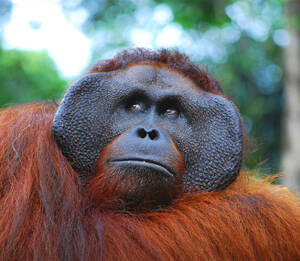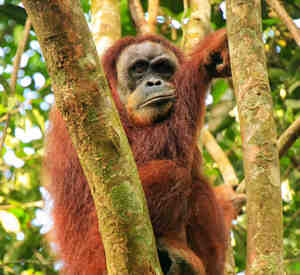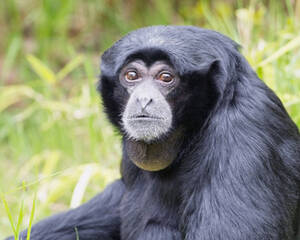Macaca nigra
IUCN
LCBasic Information
Scientific classification
- name:Macaca nigra
- Scientific Name:Macaca nigra,Celebes Crested Macaque, Sulawesi crested monkey, Sulawesi monkey, crested monkey, Sulawesi macaque, black monkey
- Outline:Primates
- Family:M.family M.sapiens
Vital signs
- length:44-60cm
- Weight:3.6-10.4kg
- lifetime:About 30 years
Feature
A unique punk-style cockscomb is formed on the top of the head
Distribution and Habitat
The black-crowned macaque is a species endemic to Indonesia, mainly distributed in northeastern Sulawesi and Pulau Lembeh, Pulau Manadotua, Pulau Talise and nearby islands; and introduced by humans to Pulau Bacan.
The black-crowned macaque has a wide range of habitats and is a rare macaque that only lives in northern Sulawesi, Indonesia. They are isolated from the world, but they are not solitary animals.
Appearance
The black-crested macaque is a medium to large monkey, with a male head-body length of 48-60 cm and a female head-body length of 44-55 cm; the tail is 1-3 cm long; the male weighs 5.9-10.4 kg and the female weighs 3.6-5.5 kg. The lower body is sturdy and the tail is short. The body color is all black, with short and thick body hair, long cheeks and brown eyes. There is a distinct and unique pink color on the buttocks, which is small in males and heart-shaped; the female has a larger area, darker in color and round. The bridge of the nose is raised like a ridge. The body hair is quite smooth, and a unique punk-style cockscomb is formed on the top of the head, which is also the origin of its common name - black-crested macaque.
Details
The black-crowned macaque (scientific name: Macaca nigra) is also known as Celebes Crested Macaque. It is a medium to large monkey.

The black-crowned macaque is active during the day and rests at night; it lives in groups. It is equally agile on the ground and in the trees, and is good at swimming. They are social monkeys that often appeared in groups of up to 100 before their numbers declined in the wild. Today, only smaller groups are seen. During the day, they move in small groups of 10 to 25 individuals, with dominant males responsible for guarding and preventing serious fights. Group members groom each other and make purring sounds to show friendship, and adult male black-crowned macaques "yawn" to show their huge canine teeth to maintain dominance and avoid conflict.
The diet of black-crowned macaques includes figs, other fruits, plant leaves, insects, mice, crabs and lizards. Sometimes food is not eaten immediately, but is stored in cheek pouches for a period of time.
Black-crowned macaques can mate year-round, and females enter estrus for 33-36 days, during which time their swollen pink buttocks can be seen to show their fertility. The gestation period is 5.5 months, and one cub is born per litter. The life span is about 25 years. Sexual maturity is reached at about 4 years old. The life span is about 30 years.
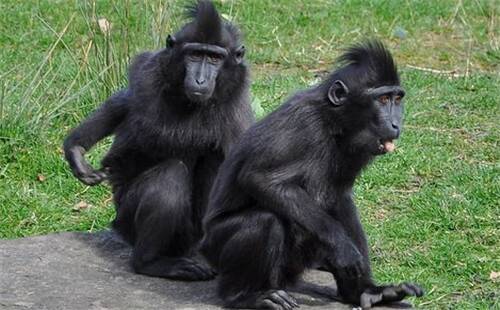
The distribution range of the black-crowned macaque is very limited, and the number has decreased by 80% (as of April 2013). The main threats are habitat destruction and high hunting pressure, as much of the local original forest has been replaced by cultivated crops. There are 8,800 hectares in the Tangkoko Nature Reserve, where the Sulawesi Black Crested Monkey Nature Reserve was established. To prevent poaching and burning of trees and maintain the future of the habitat.
In November 2007, the Newquay Zoo in Cornwall, England, killed two black crested monkeys that had fought because they were caged together. Because the zoo killed endangered animals without contacting local animal protection agencies and the keepers of the two monkeys, it was condemned by many animal protection associations.
Protect wild animals and stop eating game.
Maintaining ecological balance is everyone's responsibility!

